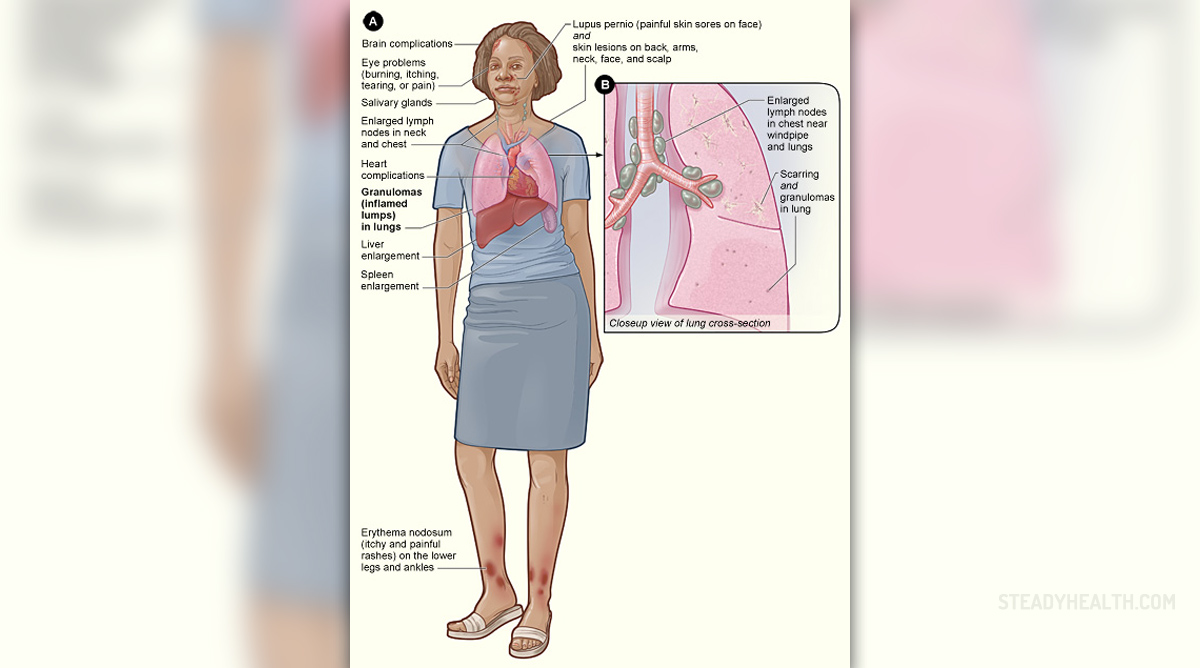
Sarcoidosis
Sarcoidosis is a medical condition that features with inflammation. It can affect different organs and lead to numerous symptoms and signs. Normal process of inflammation includes production of certain cells and substances which then attack infective agents or toxic and harmful substances. After the cause of the inflammation is eliminated the inflammatory cells go away and the substances are absorbed and eliminated. However, in sarcoidosis the inflammatory process simply does not withdraw. On contrary lumps which are referred to as granulomas form at the very spot of inflammation. Formation of granulomas can affect each and every organ of the body and cause structural and functional damage.
Even though every organ can be affected, sarcoidosis most commonly features with formation of granulomas inside the lungs, skin and in lymph nodes. Lymph nodes in chest cavity are predominantly affected. The symptoms and signs of the disease are related to the improper function of the affected organ and they can vary from patient to patient. If the structure of heart or brain has been changed with the presence of granulomas a patient may suffer from serious consequences.
Lofgren's syndrome is actually an acute form of sarcoidosis and it includes increased body temperature, enlargement of lymph nodes, erythema nodosum and inflammation of joints, predominantly ankles.
There are slight variations in treatment of sarcoidosis depending on which organ has been affected. The patients are prescribed topic creams or oral medications.
Causes of Sarcoidosis
Unfortunately, the actual cause of this disease has not been established yet. It is assumed that there are more than one factors included in the process. Some doctors believe that there are certain triggers of the disease and that sarcoidosis may be induced by bacterial, viral or fungal infection and that even certain chemicals or irritants can lead to the disease.
There is also possibility that genetics is in charge of the occurrence of the disease. Even today researchers are trying to find the actual cause of the disease as this way, it will be possible to prevent sarcoidosis in the future.
Prognosis of Sarcoidosis
Many patients recover completely from the disease. The majority of people are disease-free within a period of three years after the setting of the diagnosis. Still the disease can come back even earlier. In one third of all patients the disease does not come back for 10 years after the diagnosis has been set.
The outcome basically depends on the affected organ and the extent of the damage. It is obvious that the patients whose vital organs such as brain or heart have been affected will have more problems that those who are suffering only from skin granulomas.
Unfortunately, in some people the response to the therapy is inadequate and they develop chronic form of the diseases.


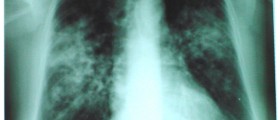

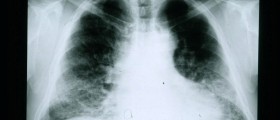

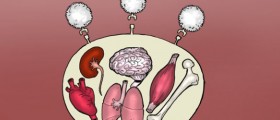

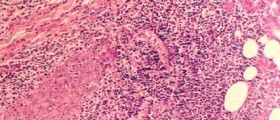



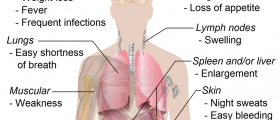
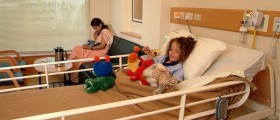
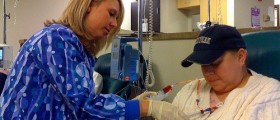

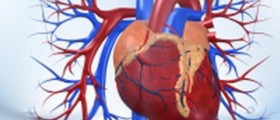
Your thoughts on this
Loading...